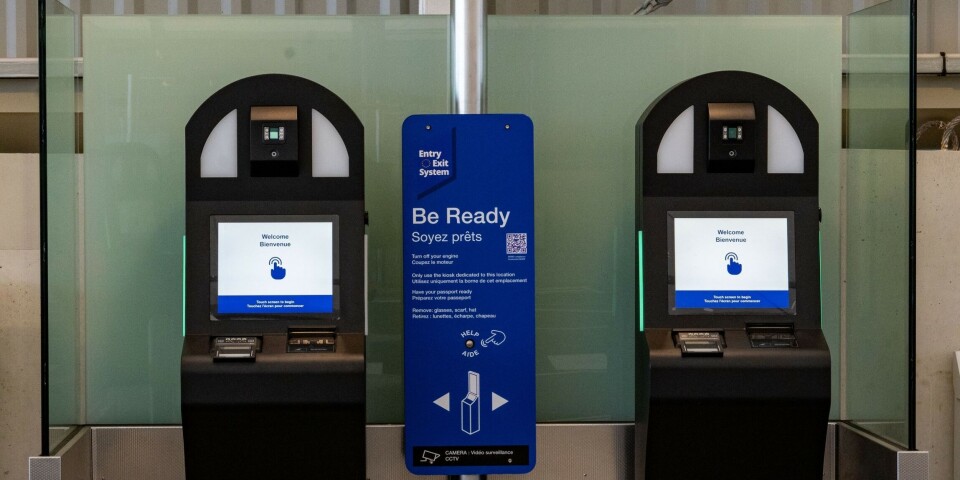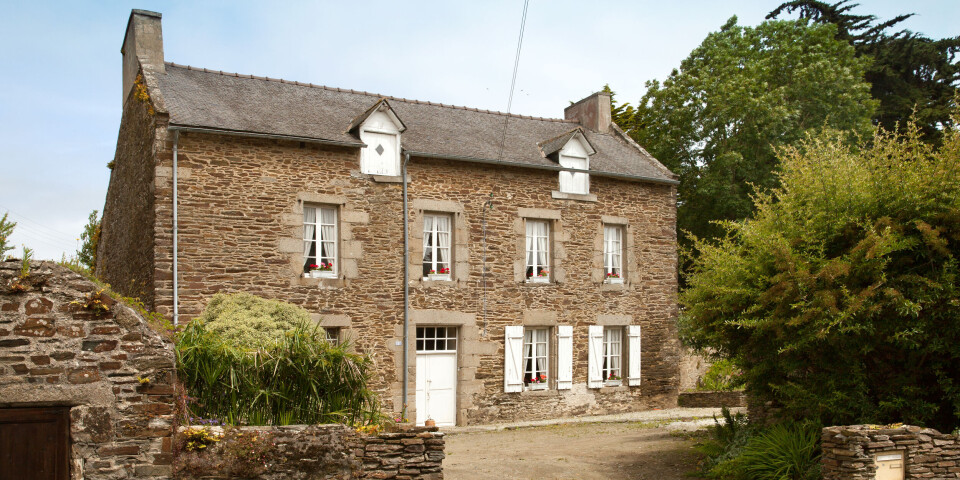-
Eat like a local - Dragées de Verdun
Explore the rich history and craftsmanship of Maison Braquier, the last French company producing traditional sugared almonds, a beloved delicacy in Verdun since 1783
-
Slake your thirst at Verdun's beer museum
Explore Verdun's beer museum, plus enjoy a unique dining experience
-
French cheese production adapts to climate change
Producers are asking for a temporary relaxation of AOC rules
The changing face of coffee-drinking in France
Speciality coffees are starting to replace traditional French and Italian roasts - and artisans are looking to start a movement to ensure 'there will be no going back'...

Coffee has long been a staple of French culture - but traditional European roasts are slowly being replaced by speciality blends that look set to change drinking habits here forever, as aficionados seek to give the beverage a wine-style overhaul.
The majority of coffee sold in France for years has been “bitter and bad” said Nicolas Gallet, of Kawa Coffee, a specialty micro-roasters based in Paris.
Now specialty coffee – directly sourced and roasted in small batches of 10-35kg – has taken root in Paris and is spreading to the rest of the country.
Kawa Coffee burst onto the coffee scene two-and-a-half years ago. Founders Alexis and Antoine were inspired by the specialty coffee movement that had taken off in London.
The duo trained in coffee roasting, bought a small batch roasting machine and set up in Paris, working with local cafés and businesses to sell them specialty coffee at reasonable prices.
Their vision is to change the French coffee habit, or “to awaken people to what is happening in their cup,” as Nicolas put it. “Coffee is like wine, it comes in a variety of forms, flavours and aromas.”
“Espresso is valued in France, it is part of everybody’s life. They love waking up to an espresso with a croissant or a cigarette, but most coffee in France is not good at all,” Nicolas said.
The traditional coffee binary, he said, ran like this: filter coffee, brewed at home in either an expensive percolator or a cafetière was bad, while espresso was considered to be good.
Then came Nespresso machines, which made waves in a country dependent on caffeine.
While they have introduced more people to the diversity of tastes that make a good cup of coffee, they have also had a less-welcome side-effect. The throwaway plastic capsules are notoriously bad for the environment, which Kawa is keenly aware of.
Adopting an ecological approach to good coffee, Kawa wants to take the French ritual of coffee, family or friends clustered around the coffee pot, and replace the mass-produced, factory coffee with artisan blends.
They currently produce 11 types of coffee, directly sourced from independent farms and cooperatives in Ethiopia, Brazil, Colombia, Peru and Guatemala – the latter a single origin which Nicolas describes as “really good".
Coffee from Rwanda, the Honduras and El Salvador will soon be added to the list.
Coffee is a seasonal crop; “if you want fresh coffee all year round, you have to source from all around the world,” explained Nicolas.
République of Coffee and Blackburn Coffee in Paris stock Kawa’s blends, which sell for about €8 a pack. “Opening a coffee shop is about place. You create a universe that people come into,” says Nicolas.
Fox McInerney opened Good News Café in Paris six months ago, selling bags of whole bean specialty coffee alongside craft beverages.
The specialty coffee scene is quickly changing and people’s curiosity is growing, Fox said. “They are interested in the new ways of brewing coffee, trying an Aeropress or a filter method, which create a totally different flavour profile.”
The growing coffee culture has also expanded into France’s other cities. There is Mokxa, Placid Roasters and Puzzle café in Lyon, the vintage-inspired Café Penché in Nantes, La Pelle and Café Piha in Bordeaux and The Coffee Club in Montpellier, among others.
Nicolas believes once people begin to display a preference for the way a certain specialty coffee tastes, “there is just no way they are going back to the traditional French or Italian roast.”
Stay informed:
Sign up to our free weekly e-newsletter
Subscribe to access all our online articles and receive our printed monthly newspaper The Connexion at your home. News analysis, features and practical help for English-speakers in France
























